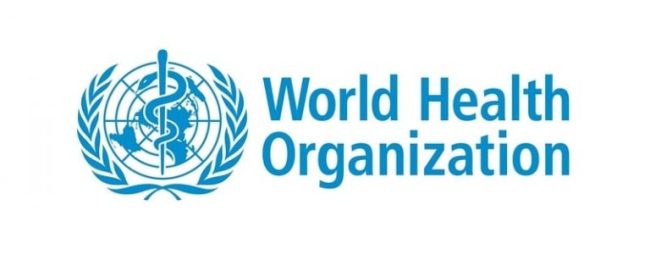The World Health Organization (WHO), in partnership with key global health stakeholders, has unveiled a new initiative to strengthen global capacities in pathogen genomic surveillance.
The program, backed by a $2 million catalytic grant fund, aims to support innovative projects in low- and middle-income countries (LMICs) to better monitor and respond to infectious disease threats.
The initiative, launched through the International Pathogen Surveillance Network (IPSN), will fund 10 projects designed to advance the use of pathogen genomic analysis. This technology decodes the genetic material of viruses, bacteria, and other pathogens to understand their transmission patterns and disease-causing potential.
WHO highlighted the importance of integrating genomic data with other information to enhance the ability of scientists and public health professionals to track, predict, and respond to infectious disease outbreaks. The data also informs the development of vaccines and treatments, enabling countries to make faster and more informed public health decisions.
The fund is hosted by the United Nations Foundation and supported by major global health organizations, including the Bill & Melinda Gates Foundation, the Rockefeller Foundation, and Wellcome.
Sara Hersey, Director of Collaborative Intelligence at the WHO Hub for Pandemic and Epidemic Intelligence, emphasized the transformative potential of the IPSN catalytic grant fund.
“This initiative has incredible potential to expand pathogen genomic surveillance, a key component in pandemic and epidemic prevention worldwide,” she said.
Manisha Bhinge, Vice President of the Health Initiative at The Rockefeller Foundation, underscored the urgency of equitable access to genomic tools, particularly in LMICs.
“The fund will accelerate the benefits of pathogen genomic surveillance in vulnerable settings and explore novel applications, such as wastewater surveillance,” Bhinge noted, highlighting the added impact of climate change on epidemic risks.
Among the grant recipients are projects addressing critical public health challenges:
- American University of Beirut: Focus: Wastewater surveillance to monitor disease spread among refugee populations, enabling timely care and intervention in migration settings.
- Pasteur Institute of Laos: Focus: Developing methods to track avian flu in live-bird markets, a vital yet often overlooked area affecting millions globally.
Titus Divala, Interim Head of Epidemics and Epidemiology at Wellcome, stressed the importance of localized solutions.
- “These projects will provide new insights and evidence to help track global pathogen trends and inform effective interventions,” he said.
The grantees were announced during the IPSN Global Partners Forum held in Bangkok, Thailand, on November 21–22. WHO has confirmed plans for a second round of catalytic grant funding in 2025, which will further expand support to IPSN members.
This initiative marks a significant step toward strengthening global health systems and addressing infectious disease threats. By investing in innovative genomic surveillance projects tailored to local needs, WHO and its partners aim to build a more equitable and robust global defense against pandemics and epidemics.



